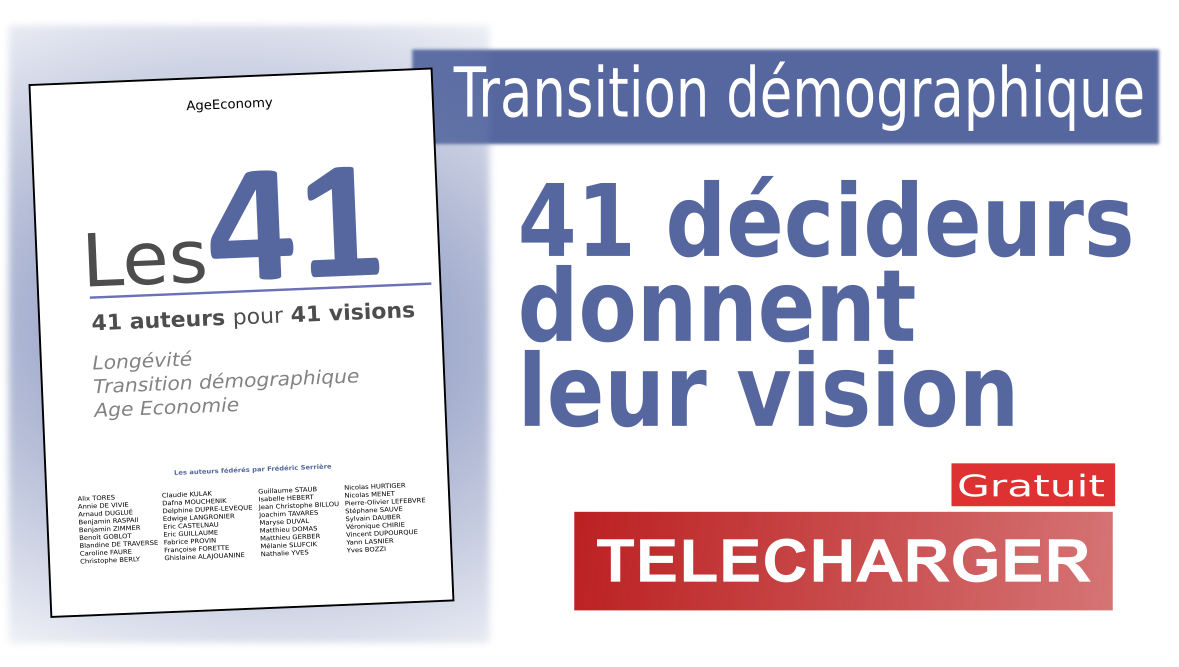JUST FOR A MOMENT, let’s optimistically assume that Japan is able to avoid a depression or a financial crisis. It then will have to face a population crunch. Somewhere around 2006, Japan’s population will peak and begin to decline. By the year 2050, according to the latest Japanese government estimates, one-third of the population will be above retirement age, and the overall population will have dropped by 27 million people. The social and economic implications are enormous.
This looming demographic crunch has long been on the horizon. But now the negative effects of Japan’s population crunch are beginning to emerge. Until recently, baby boomer households in Japan have supported consumption. Between 1980 and 2000, those born between 1941 and 1955 formed 7 million standard, nuclear households that spent an average of [yen] 4 million per year on consumption and collectively accounted for [yen] 28 trillion a year in personal consumption. In 1970, there were 2.34 million households headed by those aged between 35-39. But by the year 2000, this had decreased to 1.85 million.
The dramatic implications of demographic change are even affecting the behavior of young Japanese. They are increasingly boycotting their obligatory national pension payments. They also see that demographics are working against their future pension benefits. In 2002 there were 3.6 Japanese between 20 and 64 to support each person over age 65. By 2025, the ratio will fall to just 1.9. In other words, today’s generation pays premiums to keep their retired elders in relative comfort, while they can expect far less when they retire.
For Japanese manufacturing corporations, a strong yen and relatively expensive labor are not the only factors driving them out of Japan. The country’s top carmakers, Toyota, Honda and Nissan, haven’t opened an assembly plant in Japan for over a decade and are shifting their focus to the US and Asia, where populations are expected to keep growing. Japanese video game maker Sega, facing a shrinking youth market at home, is putting more emphasis on sports games popular in the US.
Population shifts and investments based on previously misguided projections about population growth have gotten railway companies in trouble. The « Tsukuba Express » (operated by the Shutoken Shin Toshi Tetsudo) between Tokyo’s Akihabara and Ibaragi Prefecture is due to be completed in 2005. But passenger demand projections have already been revised down by 20 percent, meaning that projected revenues are already off the mark, making profitable operations all the more iffy even before railway services start. The bulk of funding for the venture is provided by three prefectures and the Tokyo metropolitan government, with 11 percent of total funds being supplied by private companies. The railway is being built at a cost of [yen] 1.5 trillion and was to have supported a network of new « bed town » communities similar to that of Tama New Town in western Tokyo. When first planned in 1991, projected demand in the first five years was to reach 580,000 people. This was first revised down to 380,000 and again to 290,000 people. The main reason for the downward revisions is adverse demographic trends that were not considered in the original planning. And this is not an isolated example. All 20 JR and private railway lines in the Osaka area have seen average traffic decline by 5 percent below 1975 levels.
A Silver Lining?
Projections have seniors spending nearly [yen] 11 trillion a year on new products, home care and home renovations to make their lives easier. Home care alone is becoming a [yen] 4 trillion business and is expected to double by 2010. Construction companies are doing a booming business modifying homes, and recent government guidelines will require 40 percent of new homes to be built with wheelchair-accessible hallways and elder-friendly fixtures. The « reformed homes » feature auto-flush toilets, home elevators and other « senior » amenities. Tokyo Electric Power Co. (Tepco) set up a subsidiary devoted to the elderly and is expanding staff. The result, Tokyo Living Service, offers two options: For 1,600 an hour, a helper will do shopping, laundry and chores; more comprehensive home help costs over [yen] 4,000 an hour.
On paper, the seniors market sounds like a new growth segment in a stagnant economy. But developing this market is turning out to he an uphill slog. Tepco’s Tokyo Living Service loses money on each home visit and doesn’t expect to break even until this year or later. Nursing homes such as NAIS Care Owada, run by Matsushita Electric Works, require millions in capital spending on equipment, from motorized wheelchairs to adjustable beds. Another home-care company, Comsn, also is going through growing pains as it loses money.
The Nomura Research Institute calls these kinds of industries « social asset industries. » While social needs are high, these segments cannot commercially stand alone due to low individual product demand. Nomura also calls them « disk-shaped industries » because although needs are diverse and the market is wide, the demand for each individual item is low and the market is shallow.
Heretofore, the seniors market in Japan has largely been the playground of rip-off artists, preying on seniors with bogus investment schemes, or more recently by drawing them to new « retirement homes » and communities that are essentially designed to milk the government for whatever welfare subsidies they can and squeeze the retirement-home residents out of their savings.
The insurance companies and construction companies build and sell private retirement homes. Only the wealthy, however, can afford the cost, including an average [yen] 28 million down payment and [yen] 150,000 monthly fees (room and board). Many elderly people sell their homes in order to cover these expenses. Once they do, they are at the mercy of the private retirement home operators. When an elderly person becomes bedridden or needs more intensive nursing care, he or she often cannot continue to stay at the retirement homes. In addition, should the private retirement homes go bankrupt, the elderly then have no place to live. As these nursing homes often receive no money from county and municipal governments, they are largely outside the control of local authorities.
Nori Graham, British chairwoman of Alzheimer’s Disease International (ADI), has said that never in her 30-year career as a geriatric psychiatrist had she come across the elderly being deprived of their freedom as they are in Japan. Japan’s bureaucratic elite have also been the subject of corruption scandals involving kickbacks, a golf club membership and use of luxury cars from nursing-home operators.
Indeed, the Health and Welfare Ministry has been held up as Exhibit A of Japanese bureaucracy’s coddling of industry at public peril for years. For example, its officials let Japanese pharmaceutical companies keep selling unheated blood products even after it was known that they could transmit the virus that causes AIDS–and even though safer alternatives were available. Yet nursing-care needs will continue to rise, as the population of elderly needing nursing care is expected to rise from some 2.8 million in 2000 to 4 million by 2010.
At the end of the day, a lot of outside-the-box thinking will be required to figure out how companies can make a buck in the new seniors market. More government subsidies and support are not required. Until the seniors themselves are more able to assert their political rights and to more clearly define their market needs, they will continue to be the target of shysters and rip-off artists and be manipulated by the bureaucrats of their own government. Japan’s seniors need to adopt a more proactive « grey panther » approach, realizing that the government will only respond to generous contributions and clearly identifiable voting blocks. Going forward, the demographics are definitely in favor of the « grey panthers. » The main issue is how well they can organize themselves to first demand and then obtain a weight in the political process that is commensurate with their growing weight in the overall population.




